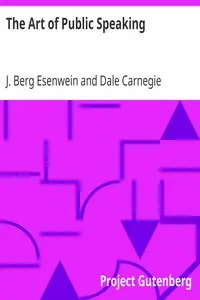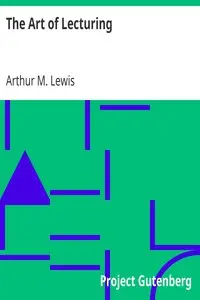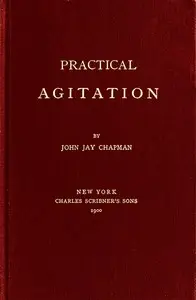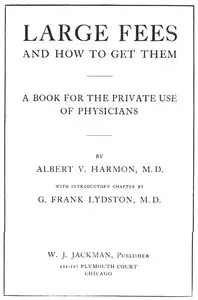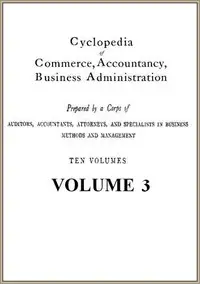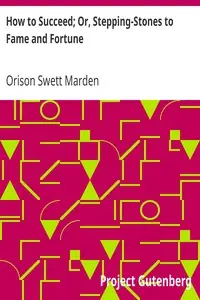"Crystallizing Public Opinion" by Edward L. Bernays is a groundbreaking exploration of public relations in a world grappling with the rising power of public sentiment, arguing that understanding and molding public opinion is now essential for success. The book reframes public relations as a strategic instrument, not just mere publicity, with the ability to sway people's thinking and actions. Bernays positions the public relations advisor as a crucial link in shaping communication between organizations and the public, stressing that these experts must deeply grasp public feeling to skillfully handle their clients' image and nudge societal views. The book starts with an overview that places Bernays' work in the context of a changing world, underlining the principles of public relations created in the last ten years, and how they've proven true in the real world.
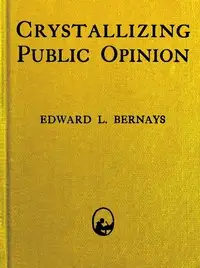
Crystallizing Public Opinion
By Edward L. Bernays
Discover the power of persuasion as a groundbreaking professional reveals how to mold public thought and behavior in a world shaped by ever-shifting opinions.
Summary
About the AuthorEdward Louis Bernays was an American pioneer in the field of public relations and propaganda, and referred to in his obituary as "the father of public relations". While credited with advancing the profession of public relations, his techniques have been criticized for manipulating public opinion, often in ways that undermined individual autonomy and democratic values. His best-known campaigns include a 1929 effort to promote female smoking by branding cigarettes as feminist "Torches of Freedom", and his work for the United Fruit Company in the 1950s, connected with the CIA-orchestrated overthrow of the democratically elected Guatemalan government in 1954. Critics argue that his involvement in Guatemala facilitated U.S. imperialism and contributed to decades of civil unrest and repression, raising ethical concerns about his role in undermining democratic governance. He worked for dozens of major American corporations, including Procter & Gamble and General Electric, and for government agencies, politicians, and nonprofit organizations. His uncle was psychoanalyst Sigmund Freud.
Edward Louis Bernays was an American pioneer in the field of public relations and propaganda, and referred to in his obituary as "the father of public relations". While credited with advancing the profession of public relations, his techniques have been criticized for manipulating public opinion, often in ways that undermined individual autonomy and democratic values. His best-known campaigns include a 1929 effort to promote female smoking by branding cigarettes as feminist "Torches of Freedom", and his work for the United Fruit Company in the 1950s, connected with the CIA-orchestrated overthrow of the democratically elected Guatemalan government in 1954. Critics argue that his involvement in Guatemala facilitated U.S. imperialism and contributed to decades of civil unrest and repression, raising ethical concerns about his role in undermining democratic governance. He worked for dozens of major American corporations, including Procter & Gamble and General Electric, and for government agencies, politicians, and nonprofit organizations. His uncle was psychoanalyst Sigmund Freud.

